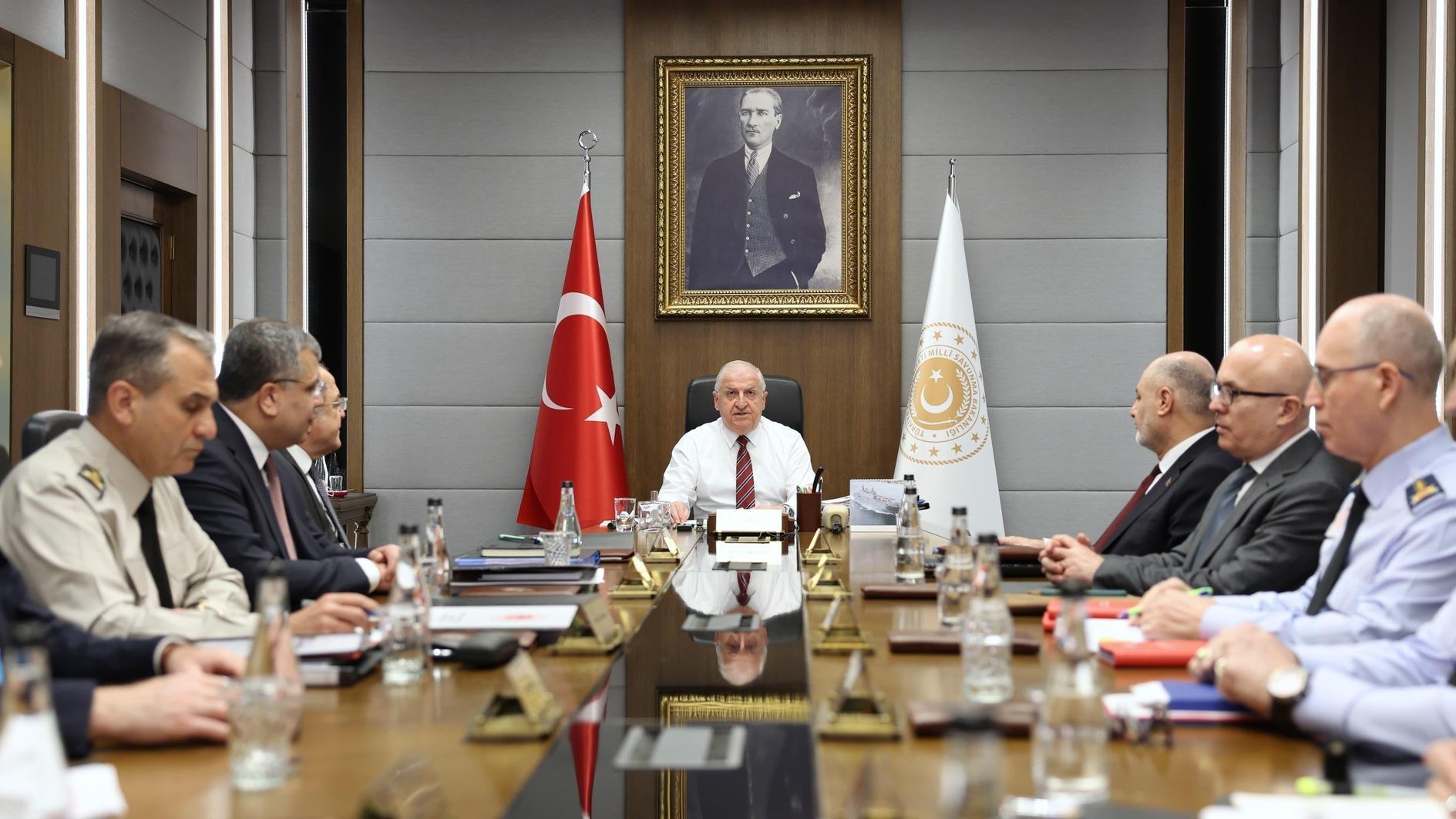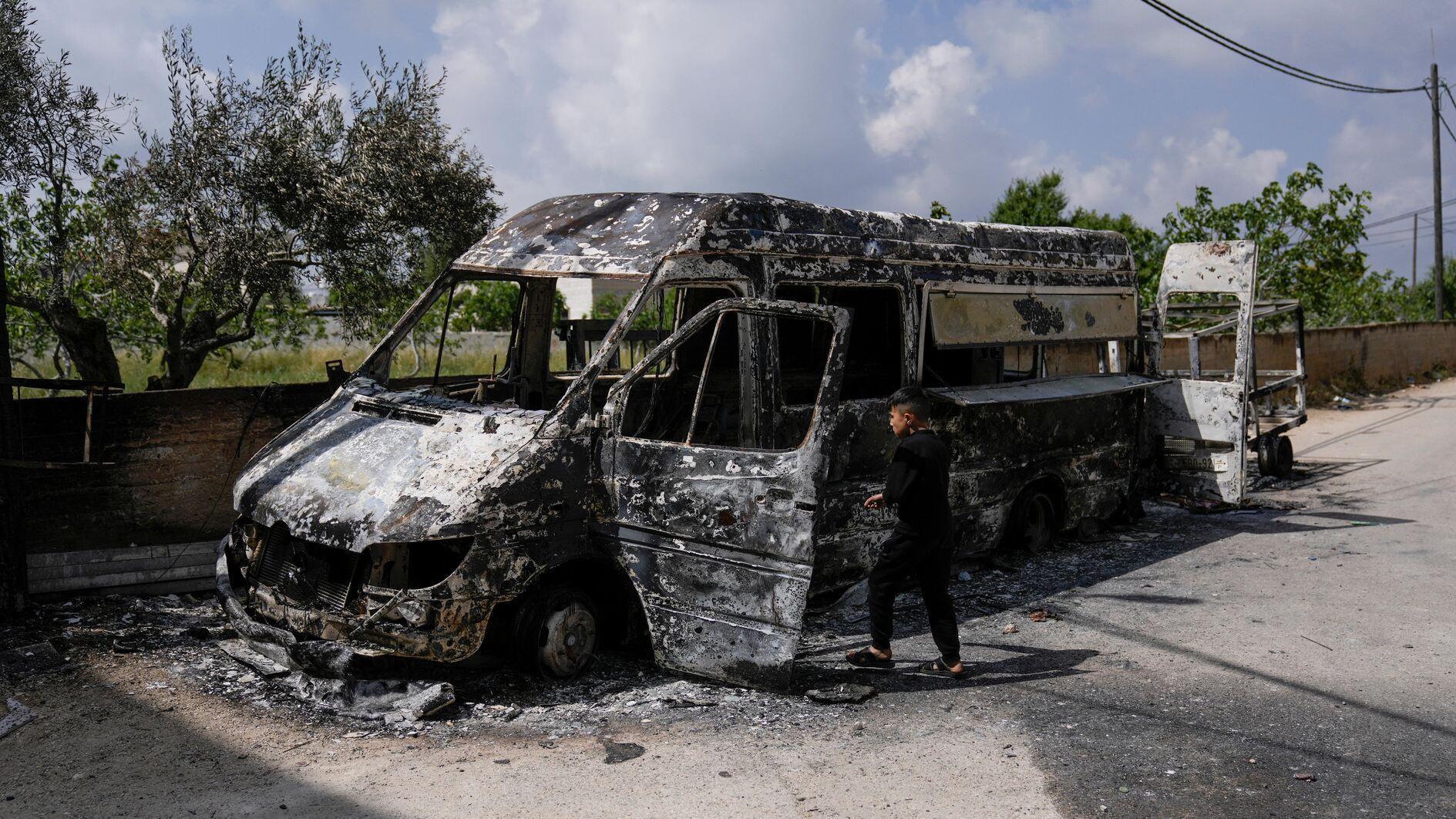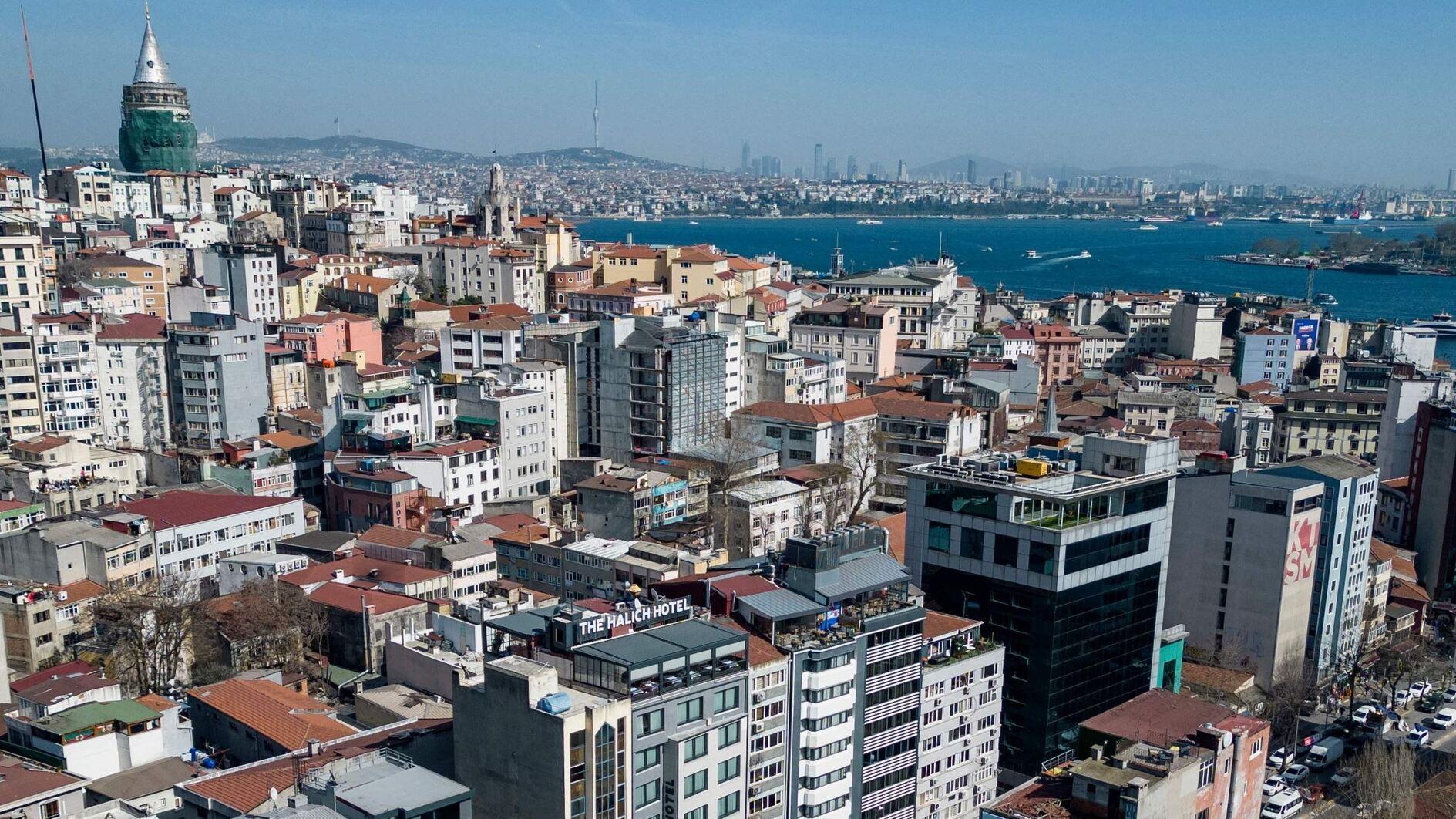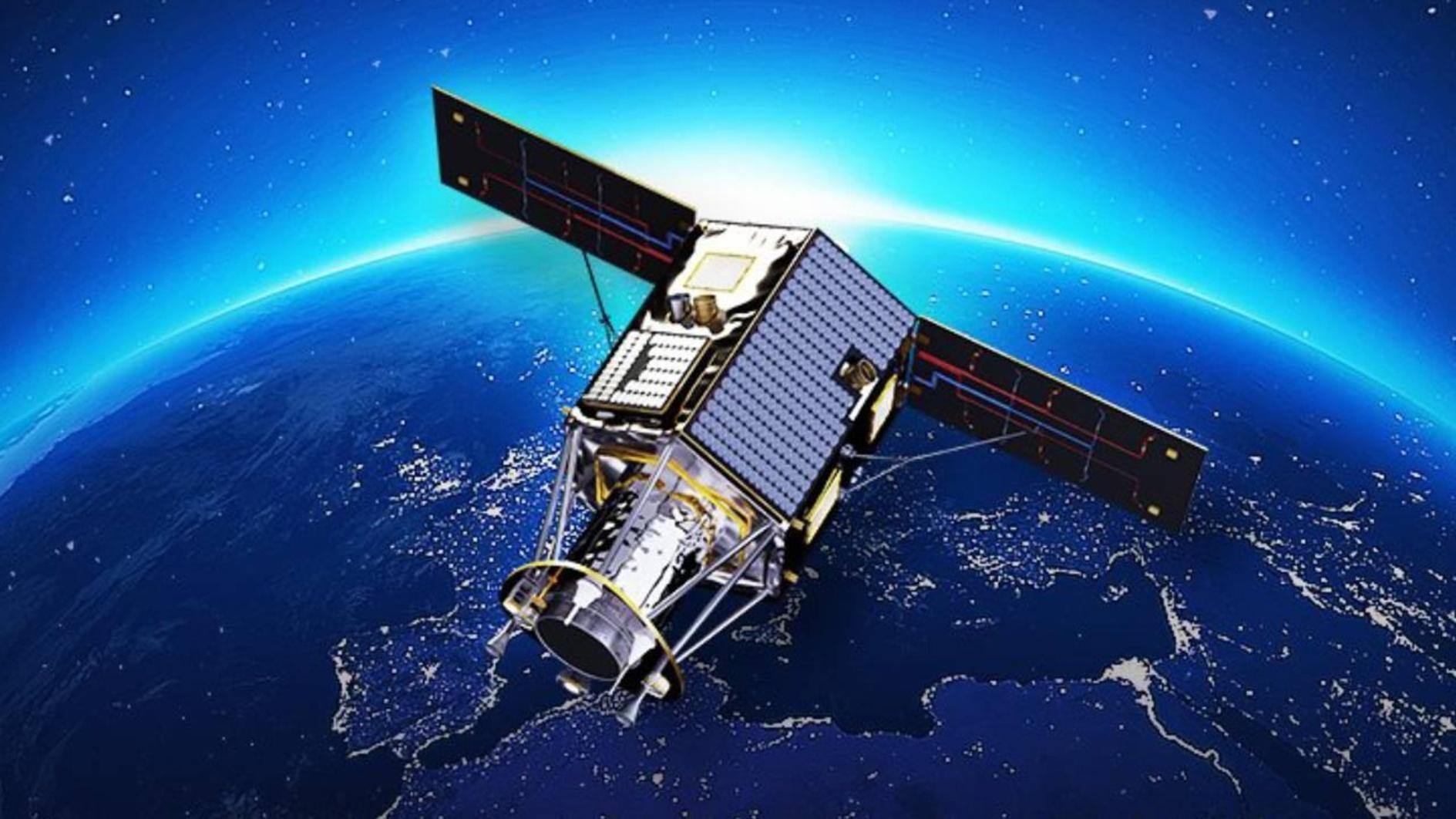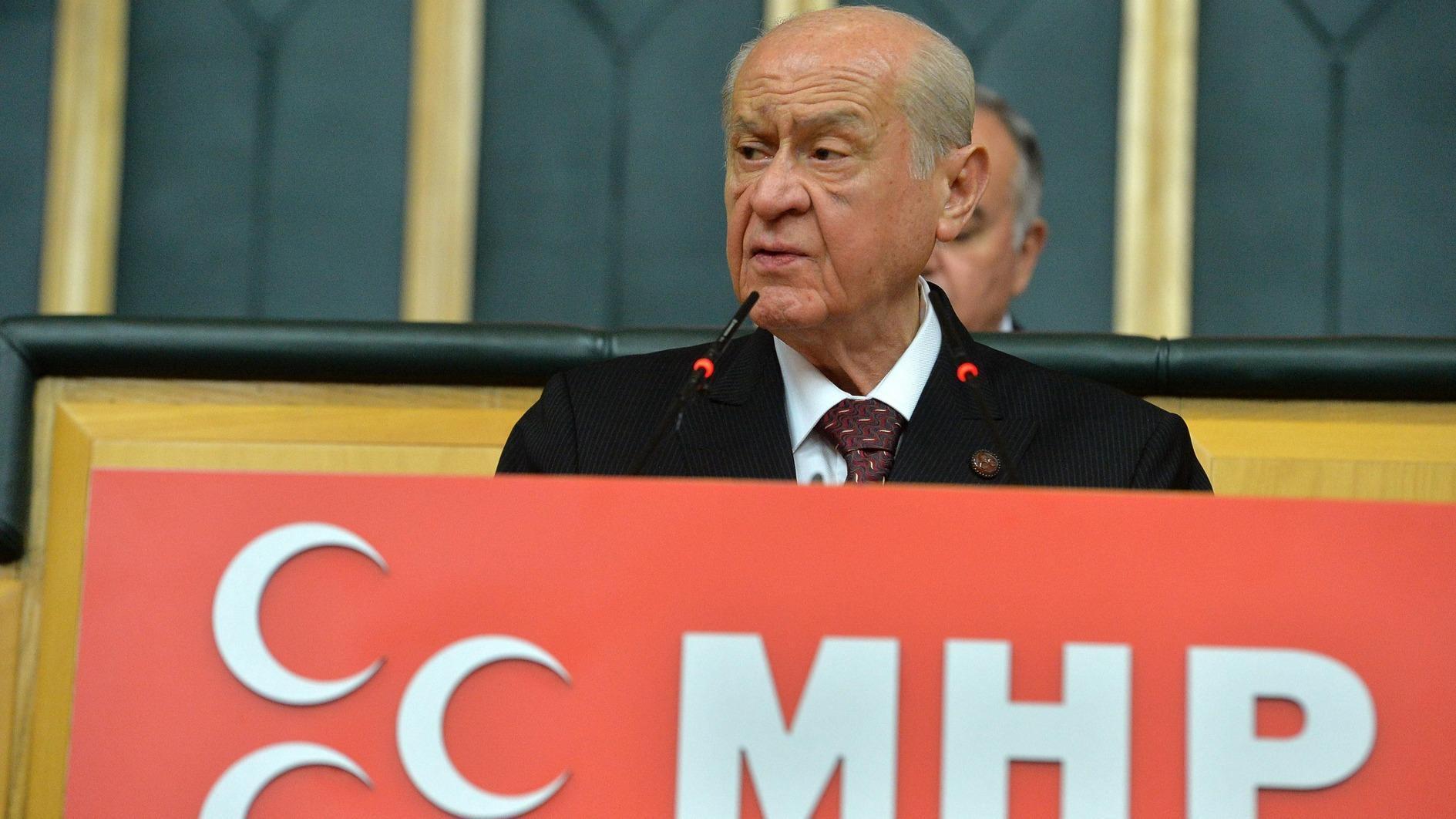Erdoğan calls on Trump for a reset
One the same day as tense debates started in Turkey’s parliament for a constitutional shift from a parliamentary to a presidential system to grant him more executive power, President Tayyip Erdoğan addressed U.S. President-elect Donald Trump, saying Ankara wanted to make a fresh start in its relations with its ally Washington, which have become stuck in the final years of outgoing President Barack Obama.
Addressing the annual conference of Turkey’s ambassadors abroad in the capital Ankara, Erdoğan said Turkey wanted to “see our ally the U.S. on our side, strong and without hesitation against threats from organizations like DEASH, FETÖ and separatists.” He was referring to threats from the Islamic State of Iraq and the Levant (ISIL); the secret network of Fethullah Gülen, the Islamist preacher living in the U.S. accused of leading the “Fethullahist Terror Organization (FETÖ)” and masterminding the foiled July 2016 coup attempt; and the outlawed Kurdistan Workers’ Party (PKK) and its Syria branch the Democratic Union Party (PYD), which the Obama administration has picked as its partner on the ground against ISIL over Turkey.
Erdoğan said he believed Turkey and the U.S. “could speed up dialogue after Trump takes office on Jan. 20, coming to a consensus in a short time and moving forward especially in regional issues.” He also added that in the “last few years Obama’s choices have been widely debated” in the Turkish public.
Similar messages were delivered by Foreign Minister Mevlüt Çavuşoğlu to Turkish ambassadors in the opening speech of the week-long conference on Jan. 9. Çavuşoğlu said Turkey had “two major expectations” from the next U.S. administration. One of them is to stop protecting Gülen and to take legal action against him. The second is to stop supporting the PYD, which Turkey sees as same as the PKK, which is designated as a terrorist organization by Turkey and also by the U.S.
İbrahim Kalın, the presidential spokesman and Erdoğan’s chief advisor on foreign and security policies, said last week that Turkey would suspend its decision on closing its strategic İncirlik air base to U.S. flights until the Trump administration takes office. Turkish Defense Minister Fikri Işık had earlier said Ankara might reconsider use of the İncirlik base because the U.S.-led coalition refuses to support the Turkish military’s operation against the ISIL-held Syrian town of al-Bab - which the Pentagon says is vital for the anti-ISIL operations - because the PYD also wants to capture it.
In the meantime, Turkey wants to gain as much ground as it can before its first encounter with the Trump administration. Having reset relations with Israel and Russia last year, Prime Minister Binali Yıldırım made his first foreign visit in 2017 to Iraq in order to relieve extremely strained relations, mainly damaged as Ankara and Baghdad took rival sides in the Syria civil war and more generally in the fight against terror. Despite strains, Ankara, Baghdad and Arbil – the capital of the Kurdistan Regional Government (KRG) in Iraq – seem to agree on not letting the PKK settle and expand operations from the Sinjar region of northwest Iraq, near the Turkish and Syria borders, and thus forming a continuum with territories it controls in Syria together.
So from one angle it could be argued that President Erdoğan is trying to reset Turkey’s domestic and foreign balances simultaneously in the first weeks of 2017.



